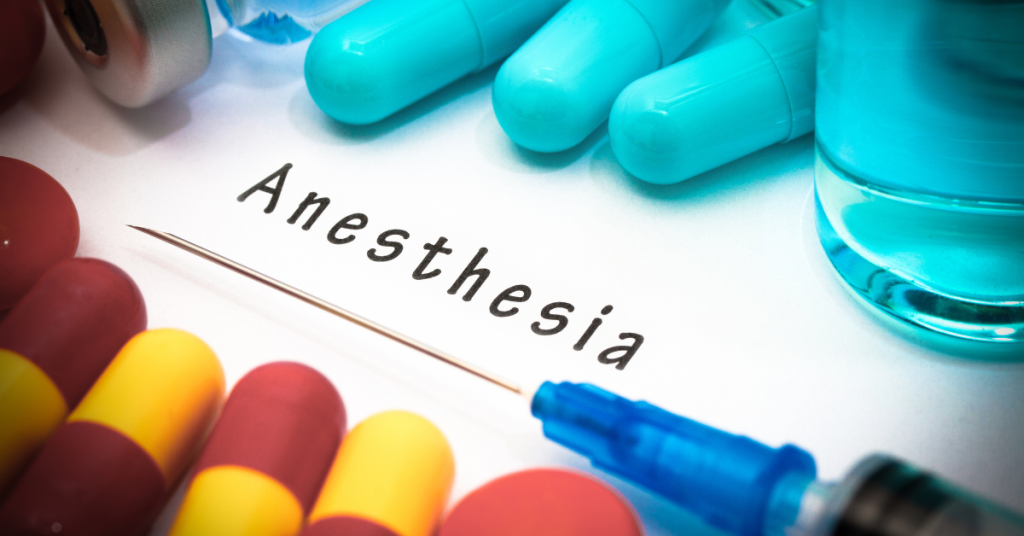Does Anesthesia Cause Dry Mouth?�
Within the domain of medical interventions, anesthesia holds a vital function in guaranteeing the comfort and safety of patients undergoing surgical procedures. Nevertheless, akin to any medical technique, anesthesia does have its own set of side effects. One such commonly encountered yet mysterious consequence is dry mouth.
In this in-depth investigation, we set out on a journey to understand the intricacies of dry mouth as an anesthesia side effect. We explore its underlying mechanisms, its impact on patients, and potential strategies for managing
Getting to Know Anesthesia�
Anesthesia is an incredible advancement in medicine. It enables us to undergo surgery or other invasive procedures without experiencing any pain or discomfort. In fact, it can be done using various methods, including inhalation, injection, or intravenous administration, depending on the procedure’s complexity and the patient’s health status.
How Does Anesthesia Work?�
When it comes to anesthesia, its main mission is to create a gentle sanctuary for patients where pain can’t find its way in. Imagine being in a serene slumber, completely unaware of any discomfort while a medical procedure takes place.
How does anesthesia work its magic, you might wonder? Well, it’s like a master communicator that interrupts the messages traveling between the brain and the body. By doing so, it gracefully puts pain on hold, ensuring the patient remains blissfully unaware of any sensations that could cause distress.
In essence, anesthesia acts as a compassionate guardian, shielding patients from the sharp claws of pain and allowing skilled medical professionals to work their wonders with care and precision. It’s a vital ally in the realm of modern medicine, ensuring that our well-being is safeguarded even during the most challenging times.
Common Side Effects of Anesthesia:�
Like any medical intervention, anesthesia can have side effects, though they are typically mild and temporary. Nausea, dizziness, and grogginess are some of the most common ones. However, one side effect that often goes unnoticed is dry mouth, also known as xerostomia.
Anesthesia Side Effects: Does Anesthesia Cause Dry Mouth?�
Now, let’s address the big question: Does anesthesia cause dry mouth? The answer is, yes, it can. A dry mouth occurs when there is a decreased production of saliva in the mouth, leaving it feeling parched and uncomfortable.
So, what’s the link between anesthesia and dry mouth? Well, during anesthesia, your body’s normal reflexes are suppressed. This includes the reduced production of saliva, which normally keeps your mouth moist and helps with swallowing and digestion.
The duration of dry mouth after anesthesia can vary from person to person. In most cases, it is a temporary condition that resolves itself once the effects of anesthesia wear off. However, in some cases, especially in older adults or those with certain medical conditions, it may persist for a little longer.
Temporary Nature of Dry Mouth After Anesthesia�
Fortunately, dry mouth caused by anesthesia is typically temporary in nature. As the effects of anesthesia wear off within a few days, saliva production tends to return to normal, alleviating the discomfort associated with dry mouth. This transient nature of dry mouth provides reassurance that the condition is generally not a long-term concern.
In the management of temporary dry mouth after anesthesia, healthcare professionals may consider using saliva substitutes to alleviate discomfort and maintain oral health. Saliva substitutes, also known as artificial saliva or oral moisturizers, are specially formulated products designed to mimic the properties of natural saliva.
These substitutes come in various forms, including sprays, gels, and lozenges, and they can provide lubrication and moisture to the oral cavity. By using saliva substitutes, patients can find relief from the dry, uncomfortable feeling in their mouth, as well as prevent potential oral complications that may arise due to decreased saliva flow.
So, there you have it! Anesthesia is undoubtedly a remarkable advancement in medical science, allowing us to undergo necessary procedures with minimal discomfort. However, like any medical intervention, it may come with some side effects, and dry mouth is one of them. But fear not, armed with the knowledge of how to manage it, you can sail through the post-anesthesia phase smoothly.
Next time you hear someone asking, “Does anesthesia cause dry mouth?”, you’ll know the answer! Stay informed, stay curious, and as always, prioritize your health.
Lubricity is a Proud Supporter of the
What do customers say about Lubricity Dry Mouth Spray?













